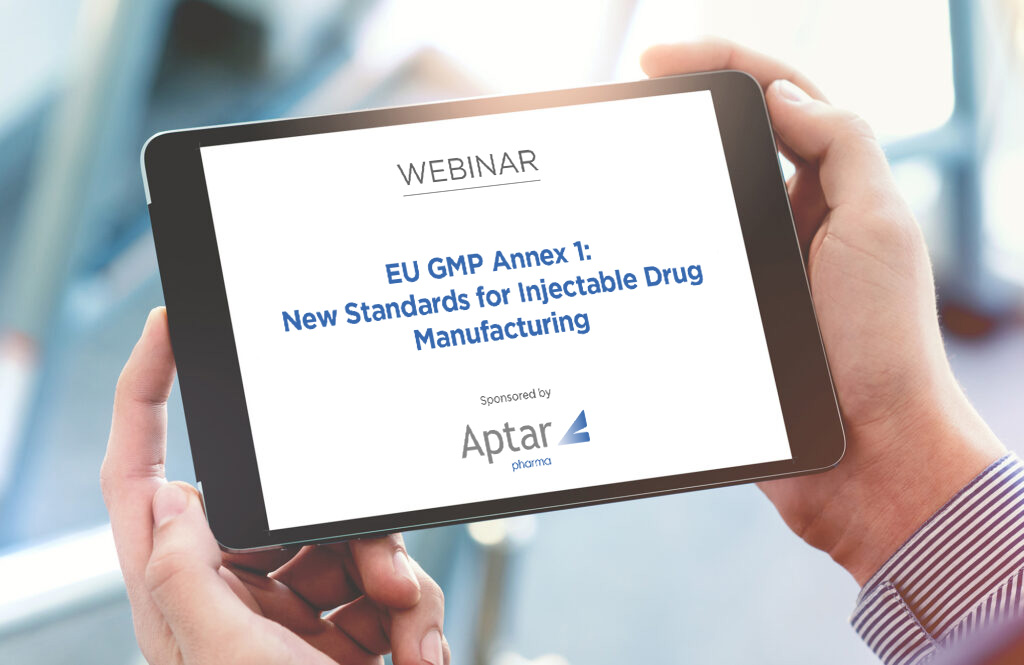Aptar Pharma presents the key changes introduced in the revised Annex 1, and especially the increased emphasis on risk management, contamination control, and quality assurance throughout the pharmaceutical manufacturing process. It underscores the need for pharmaceutical companies to implement a Pharmaceutical quality system as well as a contamination control strategy. Primary packaging strategies must align with these regulatory updates to maintain compliance and safeguard patient health.
Selecting appropriate materials and designs for primary packaging to mitigate risks of contamination, interaction with the drug product, and environmental factors is essential to meet the requirements of Annex 1 revision. This applies to primary packaging container but also components such as vials stoppers, syringe plungers or Rigid Needle Shields. Aptar Pharma’s expert introduce Advanced Parenteral Closure solutions that support compliance to Annex 1 revision.
- PremiumFill® solutions provide pharma companies with the quality assurance they require to ensure their patient safety and operational efficiency. By producing the closure component in an ISO7 cleanroom and by leveraging robotization, Aptar Pharma delivers improved specification on key parameters such as particles fibers and biological contaminations, which are all cited as contaminants that need to be controlled in the Annex 1 revision.
- When it comes to primary packaging sterility, Annex 1 revision requires to be able to demonstrate sterility and packaging integrity at the time of use. Aptar Pharma Ready-to-Use gamma sterilized components are specifically package to allow for an easy integrity check at the time of use. Together with the gamma irradiation indicator and certificates, RTU components can help Pharma companies demonstrate compliance with Annex 1 revision.
- Rapid Transfer Portbags is also part of the Advanced Parenteral Closure solutions and allows to connect directly to isolators to minimize the risk of contamination when transferring sterile components onto filling lines. As per Annex 1 revision, Isolators are now the recommended solutions for aseptic transfer.
In conclusion, the webinar underscores the critical role of primary packaging in pharmaceutical manufacturing and its implications for compliance with regulatory requirements, in light of the revised Annex 1. By prioritizing quality, risk management, and innovative solutions for primary packaging, pharmaceutical companies can enhance product safety, efficacy, and patient outcomes while ensuring regulatory adherence.
Overall, the webinar serves as a valuable resource for stakeholders involved in pharmaceutical packaging and regulatory affairs, providing practical insights and guidance to navigate the evolving regulatory framework and optimize primary packaging processes in support of compliance and patient-centric healthcare delivery.
Learn more about Aptar Pharma Expertise
in Injectable Drug Delivery
This Might Also Be of Interest
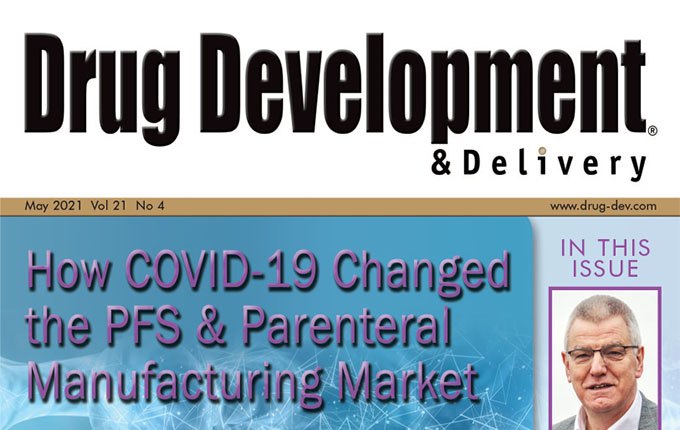
Pre-filled syringes offer multiple benefits for COVID-19 vaccination
Publications, Pharmaceutical, Market Insights, Product Solutions, Innovation & Insights, Drug Delivery Innovations
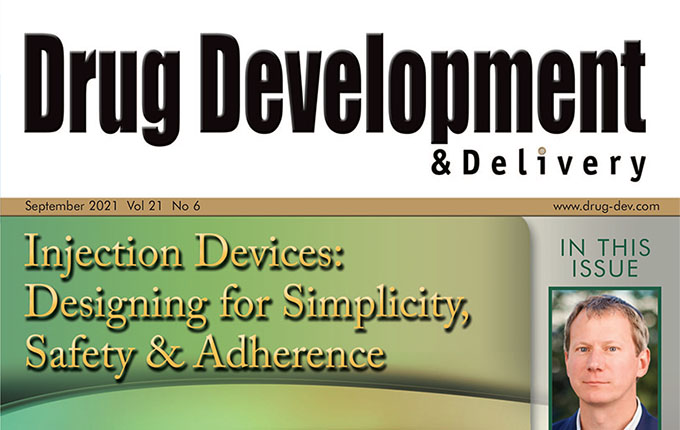
Advanced Stopper Solution – PremiumCoat®: Proven Compatibility With Current Vial S...
Publications, Pharmaceutical, Innovation & Insights, Drug Delivery Innovations, Product Solutions
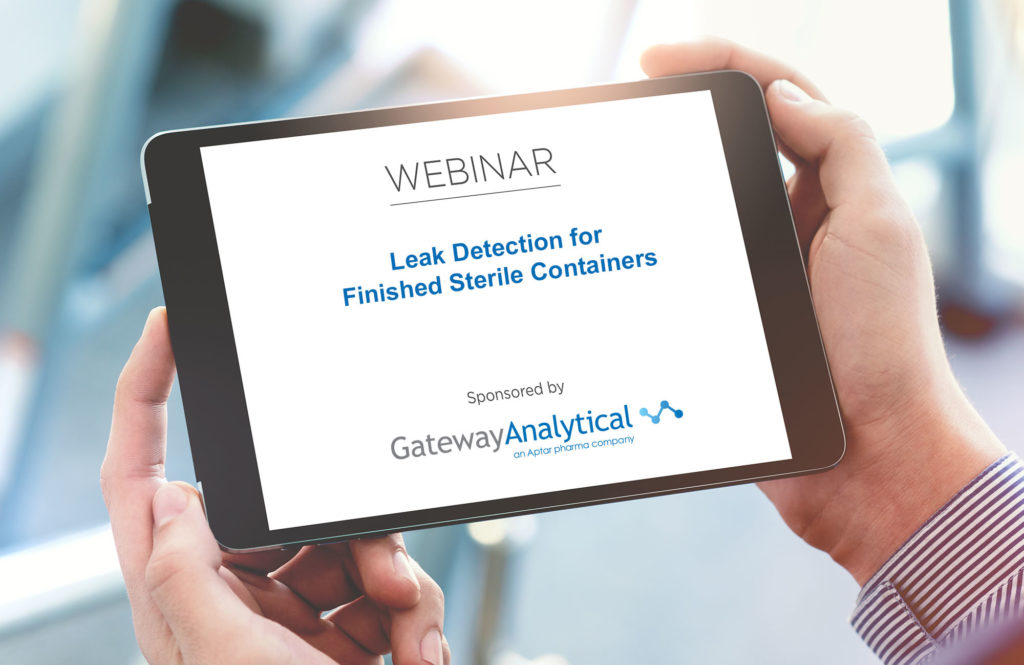
Leak Detection for Finished Sterile Containers
Webinars, Pharmaceutical, Innovation & Insights, Market Insights, Product Solutions
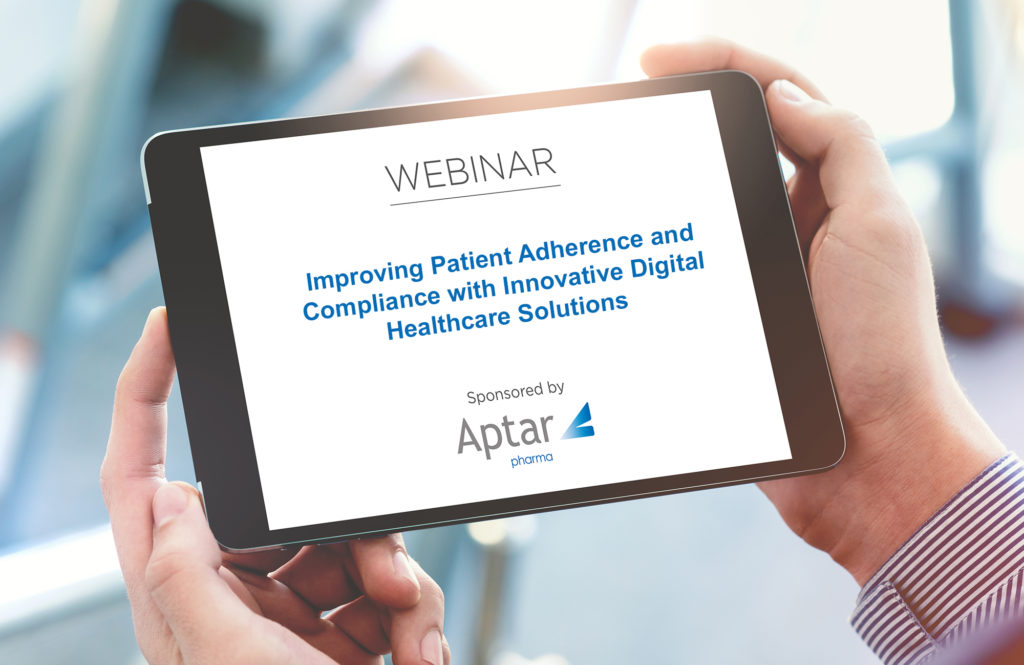
Aptar Pharma discusses how digital solutions improve patient outcomes
Webinars, Pharmaceutical, Drug Delivery Innovations, Brand Differentiation, Market Insights, Product Solutions, Innovation & Insights
